
Tobacco and vapor product analyst Bonnie Herzog of Goldman Sachs cites the Covid-19 pandemic as the main reason Philip Morris International (PMI) and Altria have slowed down the national launch of IQOS.
In March, Philip Morris USA closed its Atlanta, Georgia, and Richmond, Virginia, IQOS stores temporarily, paused its IQOS inperson marketing efforts and delayed the launch of IQOS in Charlotte, North Carolina, due to Covid-19 concerns. While the U.S. Food and Drug Administration (FDA) granted modified-risk tobacco product (MRTP) status to IQOS in July, sales of IQOS have not been strong during the pandemic.
“It has been more of a slow rollout and that has a lot to do with the fact that the technology that has been approved in the U.S. is older technology of IQOS,” said Herzog. “Philip Morris has applied to get approval of 3.0, but that’s still pending. We’re optimistic, assuming they can get approval from the FDA for that.” Herzog projects that by 2025, IQOS could account for as much as 12.2 percent of Altria’s volumes.”


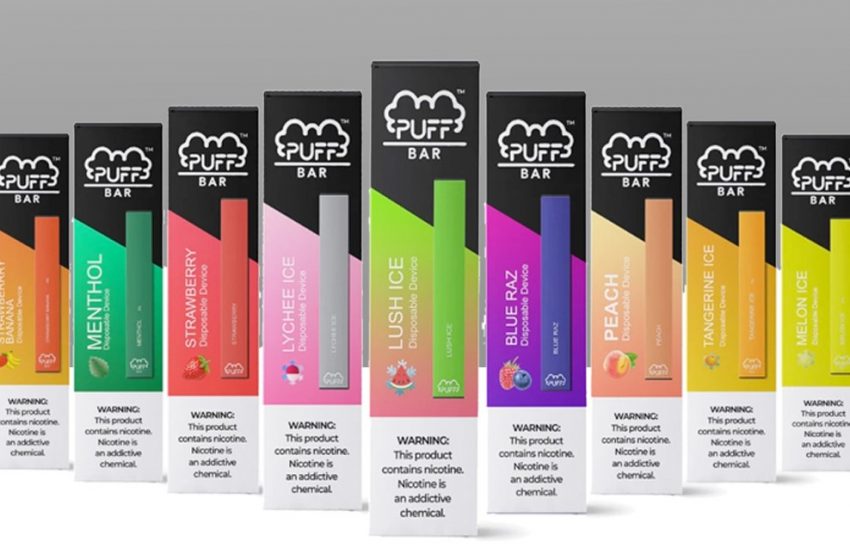



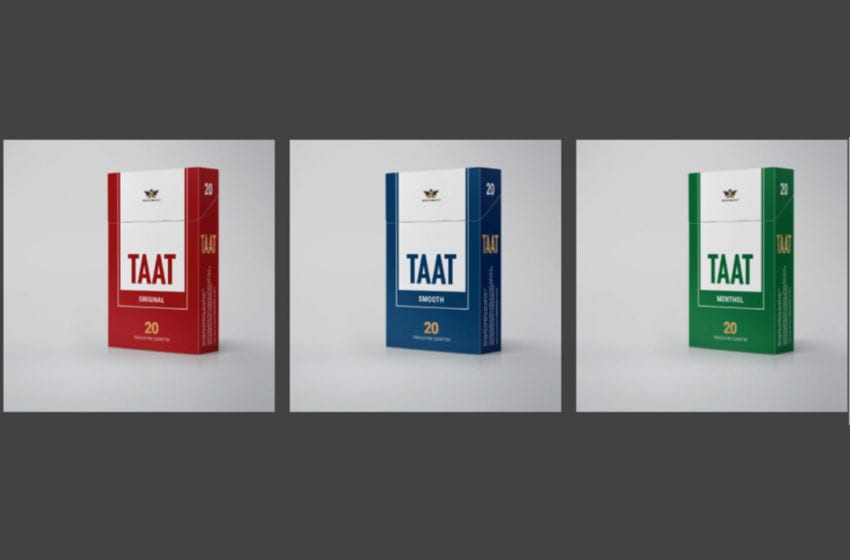
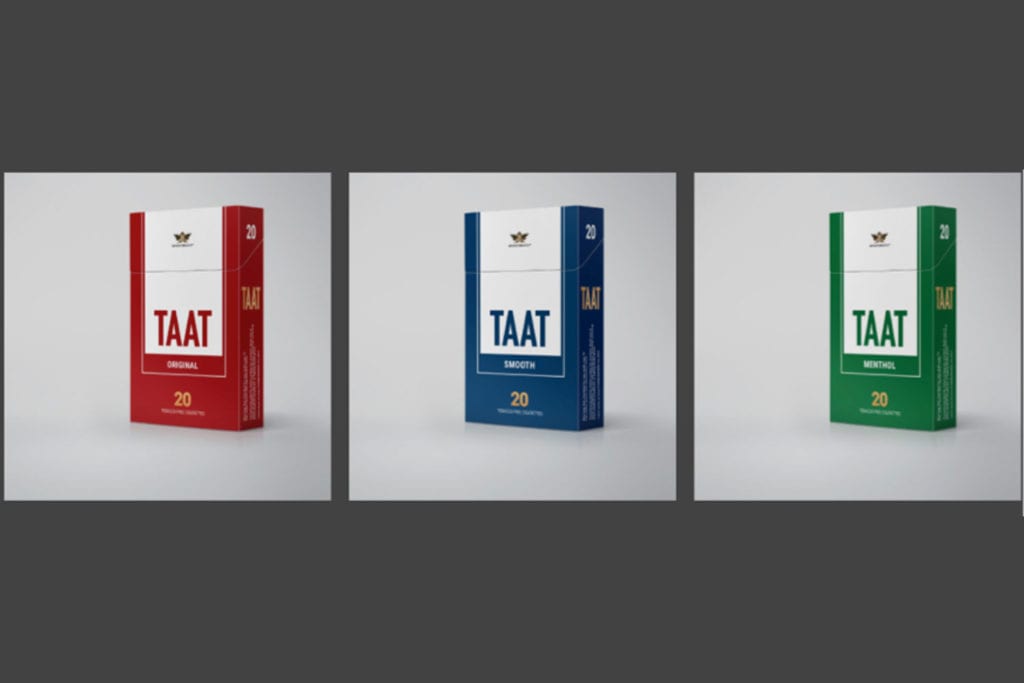
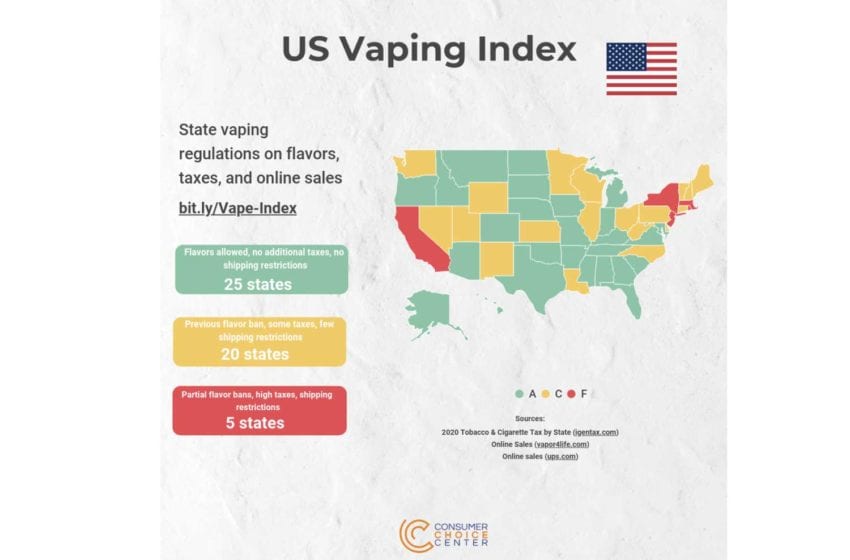
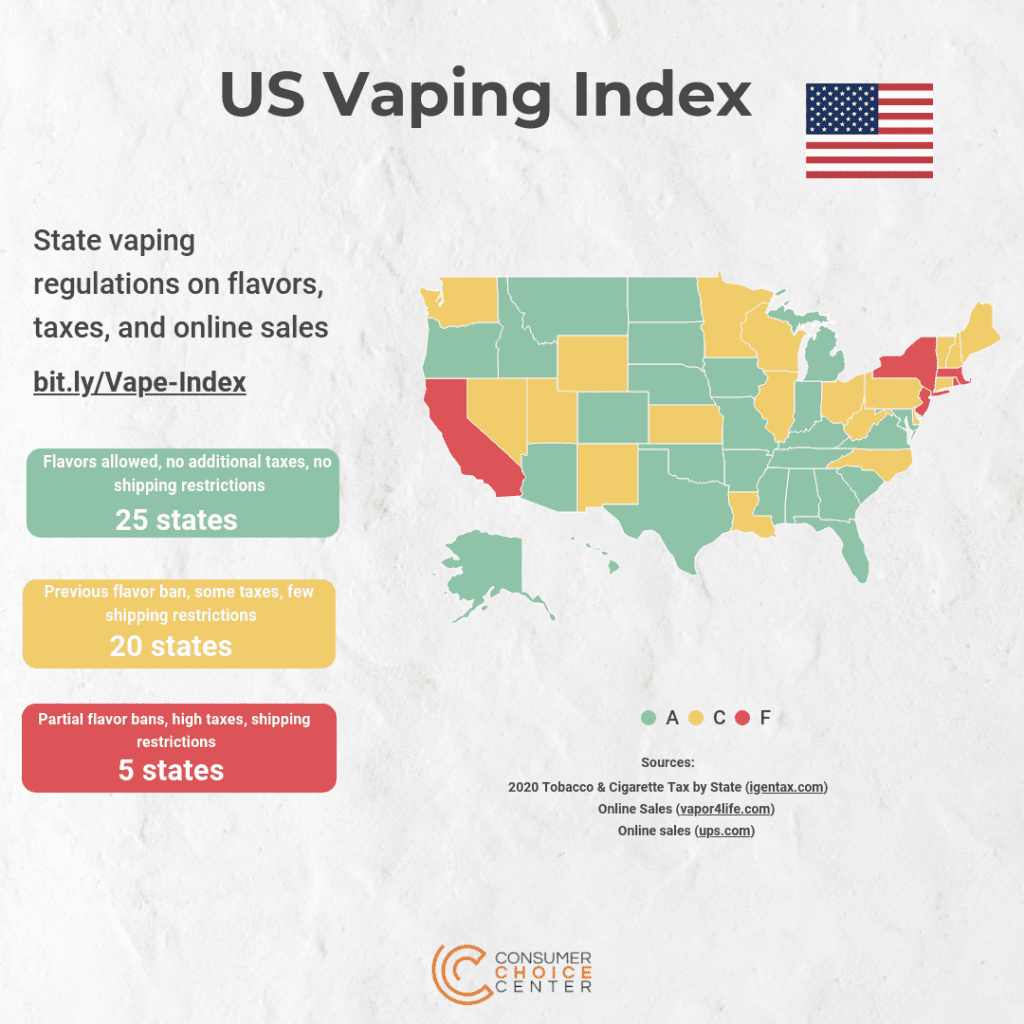
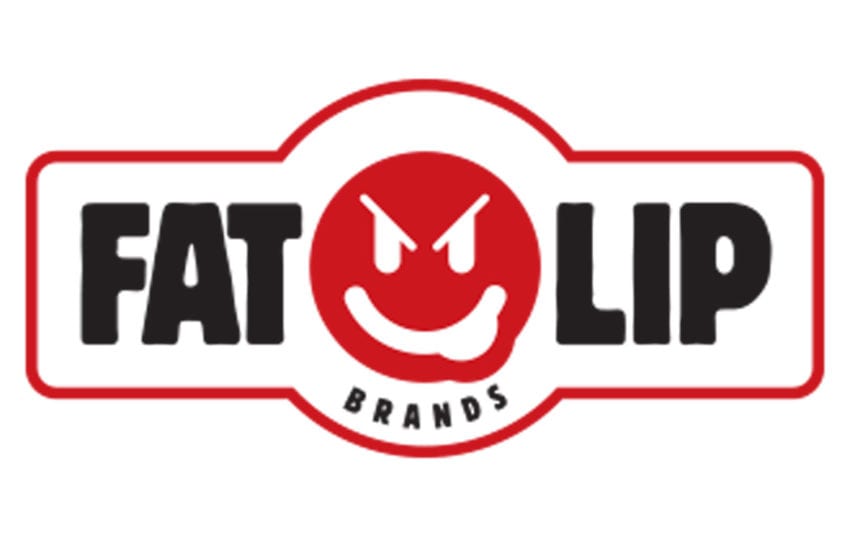
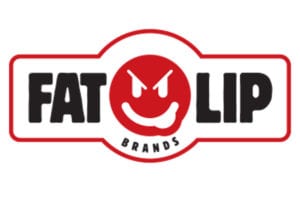 Swisher has consolidated its broad smokeless tobacco portfolio under Fat Lip Brands. With a mix of classic brands and modern-day favorites in moist snuff, chewing tobacco and dry snuff, the creation of Fat Lip Brands is part of Swisher’s efforts to align its businesses and brands to better serve its wholesale and retail customers as well as its adult consumers. Through this alignment, Fat Lip Brands will enhance its focus within the smokeless category and allow for more effective allocation of resources and customer service efforts, according to the company.
Swisher has consolidated its broad smokeless tobacco portfolio under Fat Lip Brands. With a mix of classic brands and modern-day favorites in moist snuff, chewing tobacco and dry snuff, the creation of Fat Lip Brands is part of Swisher’s efforts to align its businesses and brands to better serve its wholesale and retail customers as well as its adult consumers. Through this alignment, Fat Lip Brands will enhance its focus within the smokeless category and allow for more effective allocation of resources and customer service efforts, according to the company.






